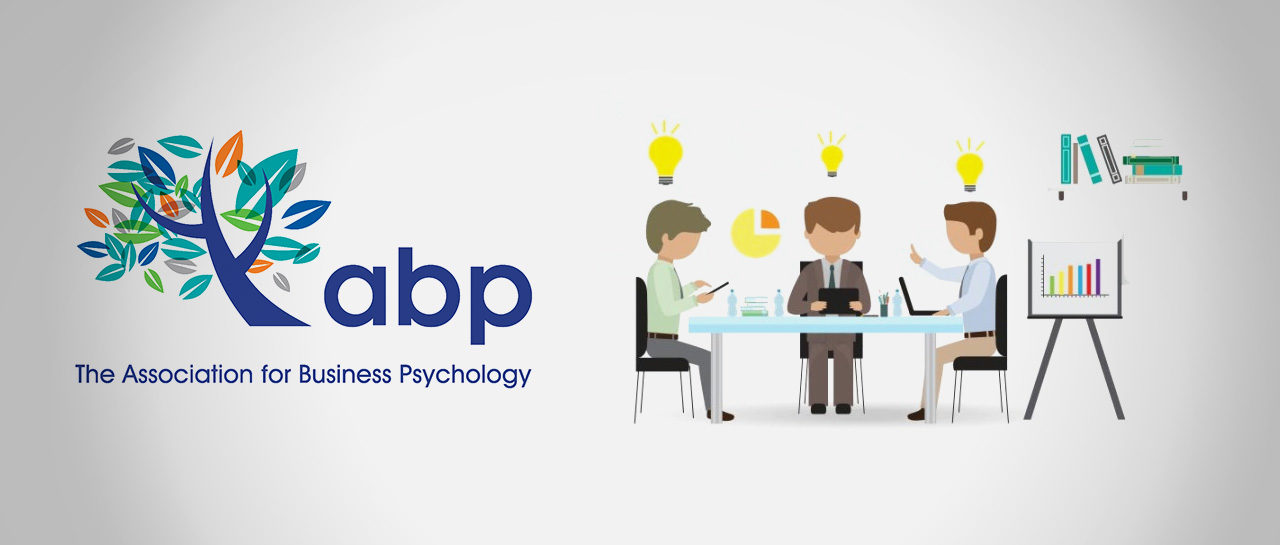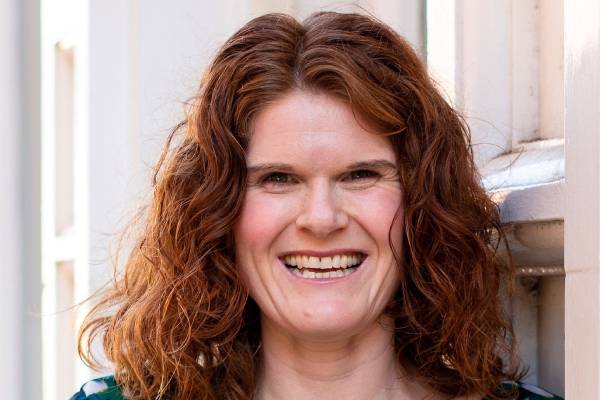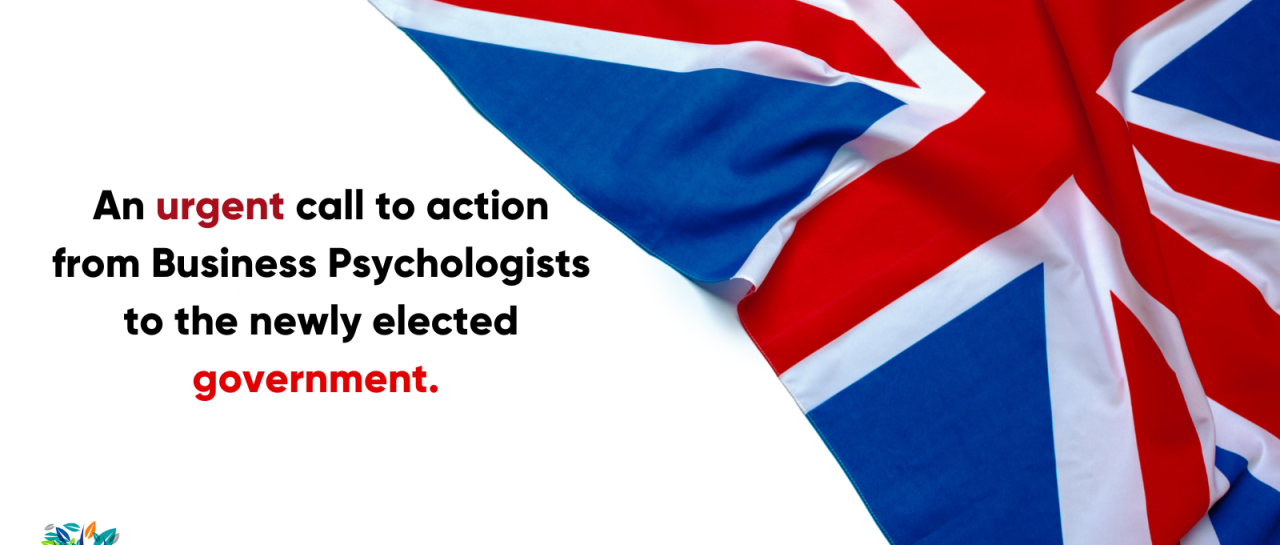Authored by Certified Business Psychologist Laura Howard. Certified Business Psychologist, Laura Howard, reflects on the webinar she recently delivered to ABP members. Below she outlines the main findings of her published research uncovering systematic barriers women face when being authentic as leaders. Importantly, she gives…

Dr. Jodi O’Dell
Engage Coach
Using Coaching to Identify Best Practice in Resilience
20th October 2020
Dr Jodi O’Dell has built up a niche business in Coaching Psychology and a loyal and increasing client base by focusing on an evidence based approach. However, on her own admission, success has been achieved the hard way and through an unorthodox route.
Following her first degree in French and Anthropology, she took an MSc in Occupational Psychology and a few years later with some consultancy experience under her belt embarked upon her PhD, with the intention of increasing the robustness of her work and accelerating her career where her skills would be more differentiated.
A career which started with profiling in assessment centres has progressed to the point where she is now being approached by large multinationals to pilot her product. Over the past 10 years she has developed a diagnostic (Engage) which measures ‘mindset’ and ‘change readiness’. Her business has evolved from a consultancy led practice to include a product which facilitates change and business performance using a more rigorous evidence based approach.
An area where there is an obvious need in reducing absence in the workplace which is critical to reducing costs and increasing organisational effectiveness. Building resilience and addressing mental health issues is an essential component of this process.
- The Context
- Employee Mental Health costs UK employers £42 billion per year.
- Half of all long term absence is due to stress, depression and anxiety
- 300,000 people each year lose their jobs due to mental health issues
- 91,000 NHS staff have taken at least one month off work due to stress.
At an organisational level, main issues faced are staff retention, engagement, absenteeism and mental health. However, there has been insufficient attention to individual needs such as shaping the right attitude at work, developing confidence, and increasing ownership and a measure of autonomy. It is well known that all these can improve mental health and resilience but what is rarely addressed is the importance of developing the micro steps to make tangible improvements.
- Why Mindset is important for Resilience and Wellbeing
A growth mindset is essential for personal development and for positive engagement. Unfortunately a fixed or negative mindset is all too common, shaped by attitudes such as “when I’m frustrated I give up” or “I stick to what I know” or “Feedback and criticism are personal”. Positive mindset can make you more confident, open and have greater impact.
Awareness is the first step towards development of a positive mindset. We can all be aware of our behaviours which are the visible manifestation of personality. However, rather like the submerged section of an iceberg, attitudes and beliefs can have a more substantial influence on the way we think and react to others and not only may we not be as aware of these but we may also not be aware that these are pivotal in shaping behaviours. This is illustrated by a Cognitive Behaviour Model which enshrines the concepts of Actions/Feelings/Thoughts and Beliefs.
Best Practice in Coaching Methodology links into measurement of self-awareness. Engage is an evidence-based diagnostic which measures mindset, identifying the drivers and barriers to change and, provides a clear development plan.. Engage has found that what is really effective is the avoidance of type/trait identification, it measures elements which underpin behaviours, and then measures impact resulting from a shift in Mindset. Focusing on “State of Mind”, resilience can be developed through
- Measuring state not trait / type
- Measuring things that underpin behaviours, not behaviours themselves
- Identifying ‘blind spots’ (derailers)
- Providing clear development guidance
- Measuring impact and ‘degree of shift’
The three main constructs, Confidence, Openness and Impact collectively lead to Engagement and a different Mindset. There will always be interest in personality assessment but real differences can be achieved by identifying the elements which underpin behaviours.
- Why Confidence Matters
Confidence is a cornerstone of assertiveness and resilience. It enables us to take risks and assume ownership. However, the development of confidence will never be achieved without understanding the drivers and barriers which underpin risk and taking ownership. Confident assumption of ownership as in 5 below is a manifestation of resilience.
- Shaping the right attitude
This leads us to a growth mindset through adopting an open positive attitude. An evidence based and elemental approach is required. This includes moving towards being committed and motivated, recognising that challenges are opportunities rather than threats, feedback is constructive and is intended to be beneficial, and being open to trying new approaches to work.
It is about moving from a closed mindset to enabling a growth mindset and developing “openness”.
- Increasing Ownership
When we take more personal ownership we have greater impact. High impact is about being committed and engaged and being prepared to go the extra mile. However, impact is also about avoiding blind-spots, such as perfectionism or over-committing and then struggling to deliver what you have promised. Levels of resilience can take a huge knock very quickly under these situations.
This is where coaching can make an impact. It is about moving on from a Fixed / Closed Impact position to Growth Impact through various stages, becoming more aware, developing confidence and being increasingly willing to try new things.
Building resilience is about having the confidence to be results orientated, identifying the elements which underpin behaviours, and recognising situations where your goals can be achieved, and making sure that self-limiting belief don’t interfere with our potential and success.
RT
20 October 2020



